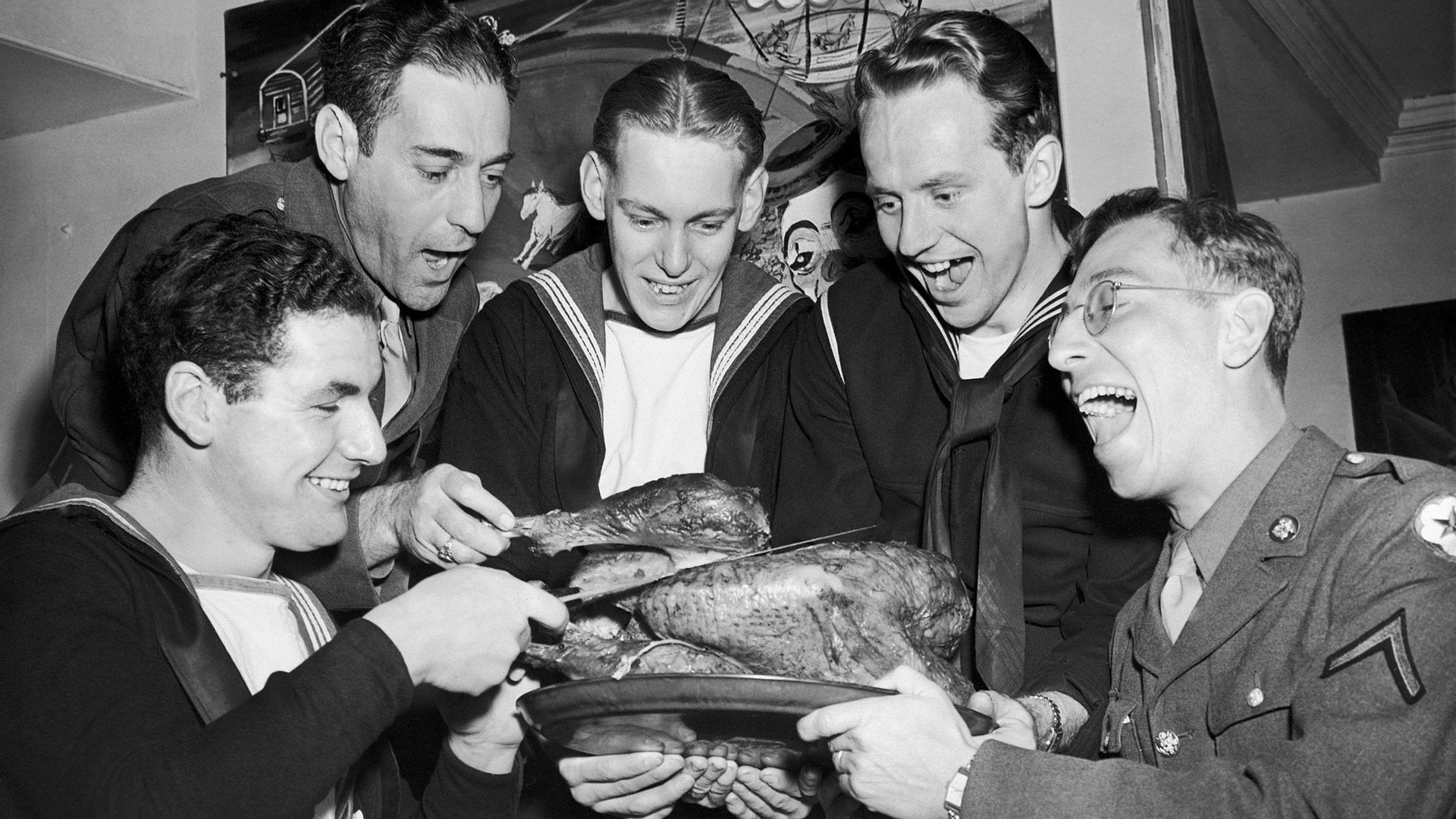Fake it ’til you feel it: How to teach yourself to be grateful
Many of us don’t start the day thankful for the bounty of our blessings. We are short of time, harried by our commute, and generally stretched too thin. We feel authentically annoyed. And since we live in an age of authenticity, sharing everything we do and feel, we act annoyed.


Many of us don’t start the day thankful for the bounty of our blessings. We are short of time, harried by our commute, and generally stretched too thin. We feel authentically annoyed. And since we live in an age of authenticity, sharing everything we do and feel, we act annoyed.
We shouldn’t.
We should articulate gratefulness, even if we don’t really feel it. As Arthur Brooks wrote recently in the New York Times, studies show that the practice of acting grateful makes us more grateful for real. “Fake it til’ you feel it” apparently has some science behind it.
In a 2003 study (pdf), participants kept weekly journals for 10 weeks. One group recorded five things they were grateful for, the second group reported on five hassles they experienced during the week, and the last group was asked to note down any five events from the week. The gratitude group recalled incidents of kindness from friends and the beauty of sunsets. The griping group fixated on hassles like hard-to-find parking and burned mac n’ cheese. Ten weeks later, the gratitude group reported higher levels of physical and mental satisfaction. If we choose to do so, we can influence our own glass-half-empty tendencies.
Gratitude isn’t just about self-improvement. Being grateful for others’ work, or their friendship, can make them better people too. Research (pdf) from Adam Grant at the University of Pennsylvania and Francesca Gino University at the University of North Carolina at Chapel Hill found that recipients of gratitude tend to pay it forward.
In one experiment, participants edited a student’s cover letter, later receiving one of two responses: a simple thank you, or a simple thank you followed by the statement “I am so grateful.” Weeks later the student reached out to the participants again, asking fore more help. Two-thirds of those who received the letter with the added gratitude offered to help compared with one-third of those who didn’t. In a second study, participants who helped one student and were thanked for it were more than twice as likely to help a different student than those who did not receive the same thanks.
“Receiving expressions of gratitude made people feel socially valued and motivated them to help other beneficiaries,” the authors wrote in the Harvard Business Review.
As Brooks points out, some people are more inclined toward gratitude than others. The journal Social Cognitive and Affective Neuroscience published a paper in 2014 that identified a gene associated with gratitude:
Some people simply have a heightened genetic tendency to experience, in the researchers’ words, “global relationship satisfaction, perceived partner responsiveness and positive emotions (particularly love).” That is, those relentlessly positive people you know who seem grateful all the time may simply be mutants.
I know a few people like this. They are good people to be around. They bring out the best in us.
David Brooks (unrelated to Arthur), a columnist for the New York Times, describes these preternaturally grateful people as being constantly aware of their dependence on others. They “take nothing for granted. They take a beginner’s thrill at a word of praise, at another’s good performance or at each sunny day. These people are present-minded and hyperresponsive.”
Thanksgiving offers the perfect opportunity to articulate gratitude. There are no presents to follow the feast, no chocolate eggs to be discovered, and no ice cream to be consumed after the fireworks.
But the whole point of gratitude as an emotional elixir is that it should not be a one-day dose. A daily, or weekly, gratitude list is one idea. Grace is another. You don’t have to thank God for your food, but it is a good idea to be thankful for food, shelter, and the gift of another day together. If you need any reminding of how lucky you are for that, read the news.